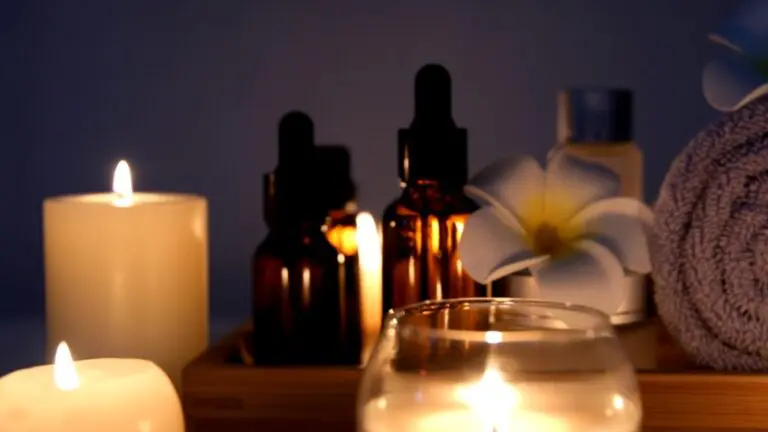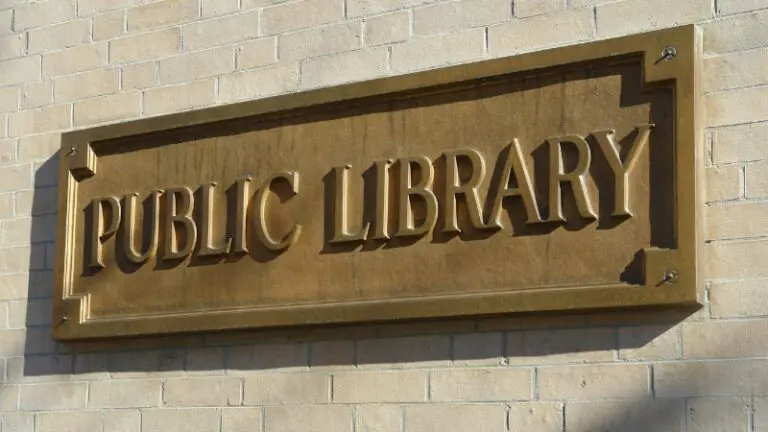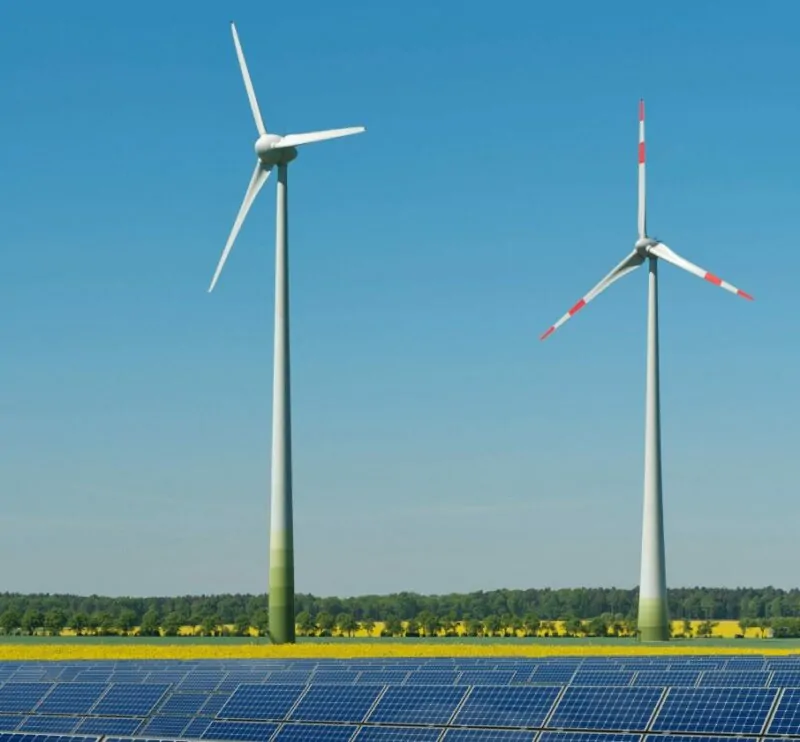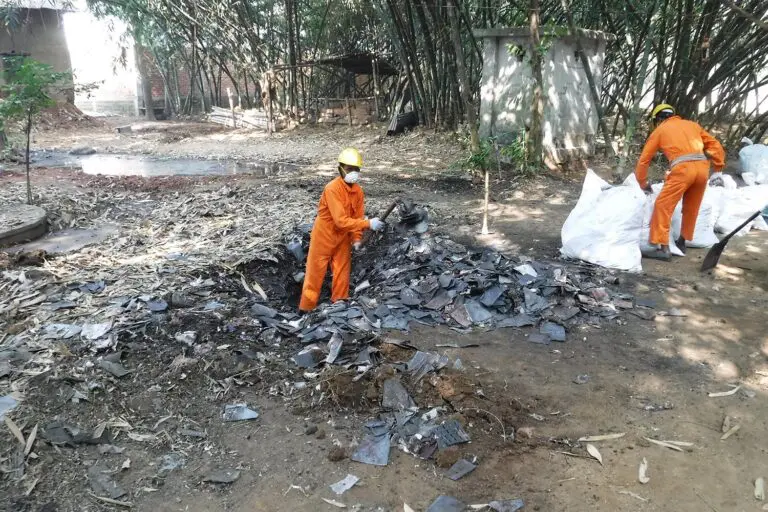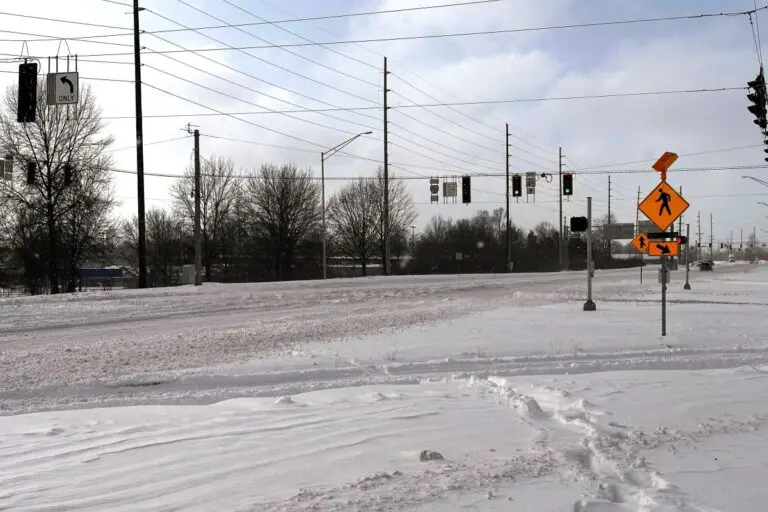The Indiana Senate has approved a bill that could bring financial benefits to communities that choose to adopt renewable energy policies.
The bill, Senate Bill 411, offers incentives for local governments that support solar and wind energy projects by meeting certain siting standards.
Senate Bill 411 creates a “commercial solar and wind energy ready communities development center” within the Indiana Economic Development Commission (IEDC). This center would certify communities that meet renewable-friendly siting standards as either “commercial solar energy ready” or “commercial wind energy ready.”
Voluntary Participation
This is a truly great “ win win “ situation ….I thought of this a couple of years ago ….makes clean electricity ….save ten to fifteen percent of the water currently lost to evaporation over hundreds of miles ….state already owns the property pic.twitter.com/sAgQJQE7tN
— David Crosby (@thedavidcrosby) February 26, 2022
The bill is completely voluntary. Communities that currently have strict ordinances against renewable energy development are not required to change their rules. The bill simply encourages communities to adopt policies that make it easier for solar and wind projects to move forward.
Senator Mark Messmer, one of the bill’s sponsors, emphasized that counties are free to maintain their existing ordinances if they do not want to participate in the new program.
Support for the Bill
This bill is seen as an attempt to standardize renewable energy siting in the state, which has faced challenges as some counties passed ordinances that restricted renewable energy development. The goal is to create a more predictable and supportive environment for renewable energy projects in Indiana.
Past Attempts and Challenges
This is not the first time the state has tried to address renewable energy siting. Last year, another bill—House Bill 1381—was introduced but did not pass. It aimed to set statewide standards for renewable energy projects but faced strong opposition.
Some environmental groups were concerned that the bill would limit their ability to require certain environmental protections, like pollinator-friendly plants, in solar projects.
Concerns About Ground Cover
Senator Shelli Yoder, who supports the bill, acknowledged that the ground cover language needs further work. She emphasized that how land is managed under solar farms could impact important issues like water runoff, soil conservation, and the health of pollinators.
Senate Bill 411 now heads to the Indiana House of Representatives for further consideration.
If passed, it could pave the way for more renewable energy development in Indiana, benefiting both communities and the state’s growing renewable energy industry.
Related Posts:
- Creation Care: An Indiana Congregation’s Fight for…
- IURC approves two CenterPoint Energy gas plants
- Is Indiana a Republican or Democratic State? True…
- The Mastodon Could Become the State Fossil, But Is…
- Why Indiana’s Clean Community Program Matters for…
- How iGaming in Indiana Could Reduce Casino-Related Pollution



